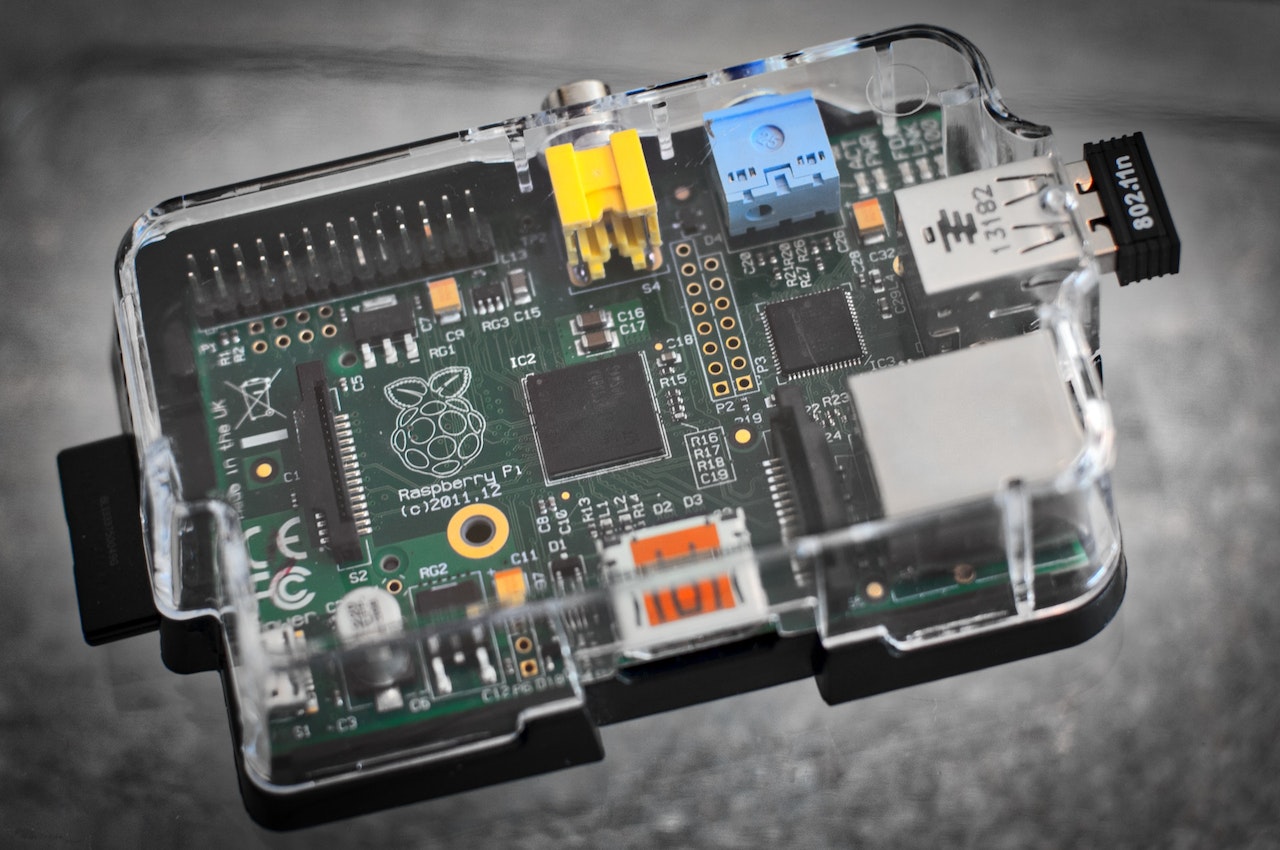Unlock Business potential with automation in Self-Hosting and Cloud Deployment
Custom software development, hardware integration, data privacy, cloud deployment, and Software as a Service (SaaS) play vital roles in achieving maximizing efficiency and ensuring robust security are crucial for success. We will explore the benefits of custom software development over prebuilt solutions, the significance of hardware integration, and how data privacy is affected by self-hosting and cloud deployment.
mohit kumar
Introduction
In today's fast-paced business landscape, automation is key to improving operational efficiency and gaining a competitive edge. While prebuilt software solutions are readily available, custom software development offers distinct advantages for businesses looking to optimize their processes. Additionally, integrating software with hardware can unlock new levels of automation and efficiency.
Custom Software Development: Tailored Solutions for Business Optimization
Prebuilt software solutions are designed to cater to a wide range of businesses, but they may not fully meet specific requirements. Here's why custom software development is a favourable option:

Streamlined Workflows
Custom software is tailored to fit seamlessly into existing workflows, eliminating unnecessary steps and optimizing efficiency. This results in significant time savings and improved productivity.
Enhanced Flexibility
Custom software solutions can adapt and evolve with changing business needs. Businesses can request specific features and functionalities, ensuring that the software aligns perfectly with their unique requirements.
Competitive Advantage
Custom software development allows businesses to differentiate themselves from competitors by incorporating industry-specific features and innovations. This can lead to improved customer satisfaction and increased market share.
Hardware Integration: Unleashing Automation Potential
Integrating software with hardware opens up new possibilities for automation and efficiency gains. Here's why hardware integration is crucial for businesses:

Streamlined Data Capture
By integrating software with hardware devices such as barcode scanners, RFID readers, or production machinery, businesses can automate data capture, reducing manual effort and minimizing errors.
Real-Time Insights
Hardware integration enables businesses to collect real-time data, providing instant insights into operations, inventory, or equipment status. This empowers timely decision-making and proactive problem-solving.
Increased Productivity
Automation through hardware integration frees up employees from repetitive tasks, allowing them to focus on more value-added activities. This leads to increased productivity and employee satisfaction.
Error Reduction
Automating data transfer from hardware devices to software systems minimizes the risk of human error associated with manual data entry. This improves data accuracy and reliability.
Self-Hosting and Data Privacy
Self-hosting refers to deploying and managing software applications on one's own servers or infrastructure. Consider the following points regarding data privacy and self-hosting:

Data Ownership and Control
Self-hosting gives businesses complete ownership and control over their data. They can implement robust security measures, encryption protocols, and access controls tailored to their specific requirements.
Compliance with Data Regulations
Self-hosting allows businesses to ensure compliance with industry-specific regulations and data protection laws. They have direct control over data storage, backups, and retention policies, reducing the risk of non-compliance.
Customized Security Measures
Self-hosted solutions offer the flexibility to integrate additional security measures, monitoring tools, or third-party services as required. This enables businesses to customize their security infrastructure to suit their unique needs.
Cloud Deployment and SaaS Offerings: Data Privacy Considerations
Cloud deployment and Software as a Service (SaaS) offerings provide convenience, scalability, and cost-effectiveness. However, businesses should consider the following factors regarding data privacy:

Shared Infrastructure
Cloud deployment and SaaS offerings typically involve sharing infrastructure and resources with other users. While reputable providers implement strong security measures, businesses may have concerns about unauthorized access or data breaches.
Reliance on Service Providers
With SaaS offerings, businesses rely on the service provider for data storage, security, and backups. This can limit control over data and raise concerns about data handling practices or compliance with specific regulations.
Data Transfer and Jurisdiction
Cloud services or SaaS offerings may involve data transfer and storage across different jurisdictions, subject to the laws and regulations of those locations. This can introduce complexities in terms of data privacy and compliance.
Maximizing Efficiency and Security in Business Operations
By combining custom software development, hardware integration, data privacy measures, cloud deployment, and SaaS, businesses can achieve maximum efficiency and security. Custom software streamlines processes, integrates systems, and enhances data security. Hardware integration optimizes operations, automates tasks, and provides real-time insights. Data privacy measures protect sensitive information from unauthorized access and ensure compliance. Cloud deployment offers scalability, flexibility, and enhanced data security. SaaS platforms provide pre-built software solutions with customization options, reducing infrastructure management burdens.
Challenges and Considerations
Implementing these strategies may present challenges. Selecting reliable software development partners, hardware vendors, cloud service providers, and SaaS platforms is crucial. Evaluating expertise, experience, compatibility, security measures, scalability, and support is essential for successful integration and implementation.
Conclusion
When it comes to automating business processes, custom software development offers tailored solutions that optimize efficiency and provide a competitive advantage. Integrating software with hardware devices further enhances automation potential, streamlining workflows and improving productivity. Businesses can choose between self-hosting and cloud deployment, considering the implications for data privacy. Self-hosting provides data ownership and control, regulatory compliance, and the ability to customize security measures. Cloud deployment and SaaS offerings offer scalability and cost-effectiveness, but businesses should consider shared infrastructure and reliance on service providers. By carefully evaluating these factors, businesses can make informed decisions that align with their specific needs and priorities, unlocking the full potential of automation while safeguarding data privacy.
share this blog within your circle

